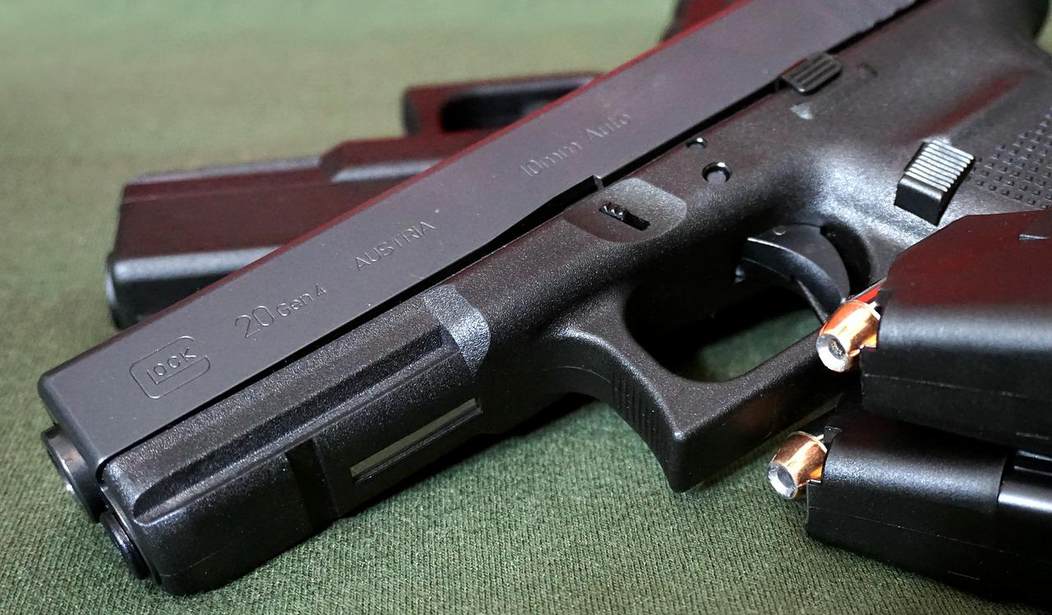Suicides account for most firearm-related deaths. If we reduce suicides in some way, shape, or form, then the total number of gun deaths will drop, making it harder for anti-gunners to justify various forms of gun control.
Suicides account for the vast majority of gun deaths in Utah, and more than half of all suicides in the state are by firearm.
A similar trend can be seen nationally with firearm suicides accounting for 54% of gun deaths and 53% of suicides involving a firearm, according to Pew Research Center.
In an effort to combat the use of guns in suicides, Rep. John Curtis, R-Utah, introduced a bipartisan bill in Congress last month to create a national voluntary “Do not sell” firearms list.
The concept of the voluntary “do not sell” list is to allow individuals to restrict themselves from buying or possessing a firearm, the main purpose being to reduce the use of guns in suicides.
This federal bill was inspired by similar programs in some states, including one in Utah.
Utah’s law allowing individuals to restrict themselves from purchasing a firearm, introduced by Rep. Steve Eliason, R-Sandy, was passed in 2021 and officially implemented in May 2021.
As of July, five people have chosen to voluntarily restrict themselves from possessing a firearm, according to previous Deseret News reporting.
See, that last paragraph illustrates my point a bit.
You see, according to the CDC, Utah sees 651 suicides annually. If only five people are taking this step, it doesn’t look like it’s going to even make a dent in the issue.
Further, as the article points out, Washington state has a similar law, passed in 2019. They got a whole 13 people signed up as of July 2020.
Now, understand, the list is voluntary and it’s not permanent. As such, I don’t have much of an issue with it as gun control, because it’s really not. It’s not the state determining who can and can’t have a gun, it’s a person deciding for themselves.
However, that’s not to say there aren’t issues with it.
First, what protections are in place to prevent someone from being added to the list against their will?
Further, how easy is it for someone to voluntarily remove their name from the list if circumstances change? For example, they get help and are no longer suicidal, but then have a concern like a stalker?
Then there’s the fact that “do not sell” lists are essentially a tacit agreement that guns are the driver behind suicides, even though plenty of people claim their own lives in other ways. Are we going to get “do not sell” lists for razor blades, rope, cars, or gravity?
Nope. Only for guns.
Additionally, this feels like a distraction. While focusing on whether or not people should be able to voluntarily give up their right to purchase a gun, we’re not talking about increasing mental health resources or working to destigmatize mental illness, both of which are likely to do far more in the long run.
So while this bill isn’t the worst thing suggested, I’m unconvinced it’ll accomplish much of anything.








Join the conversation as a VIP Member